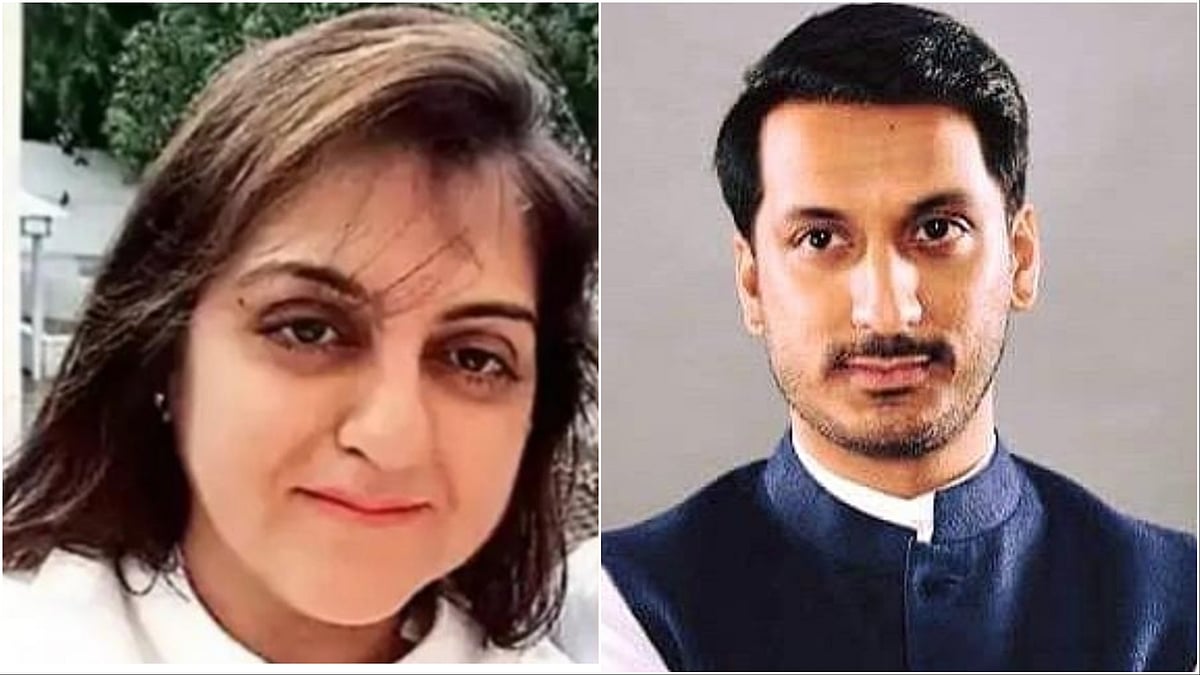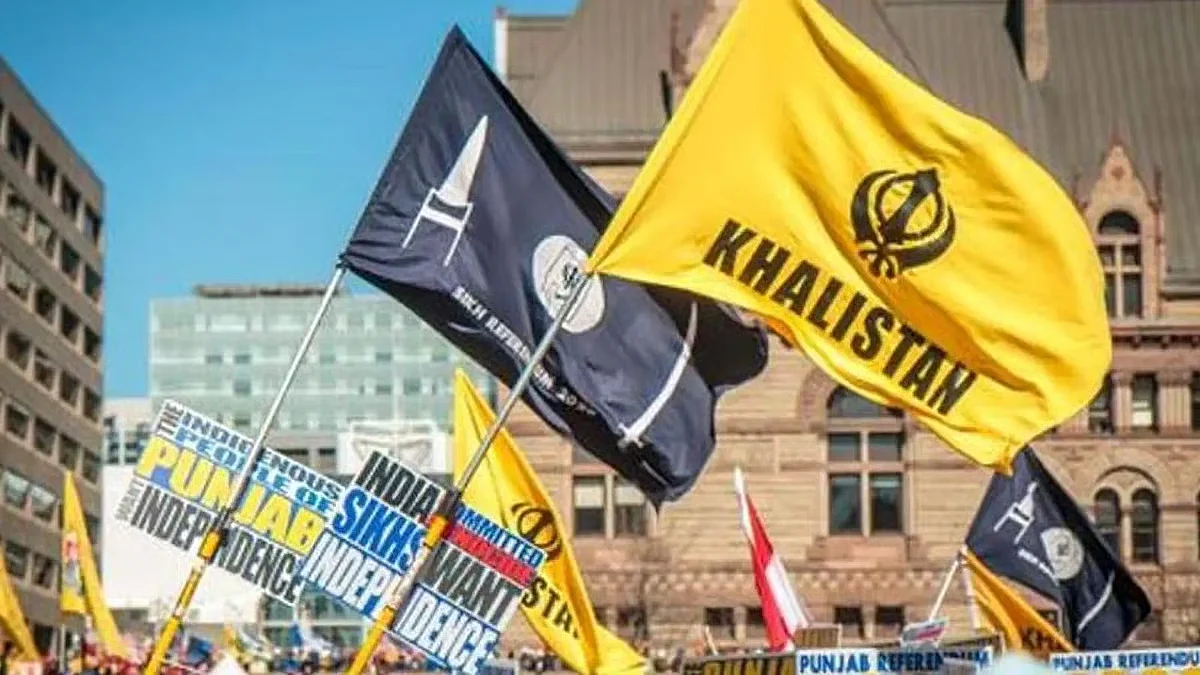The State by nature is repressive. It is no wonder that the framers of the Indian Constitution believed that the Indian state should not be allowed to control so much power that it could trample democracy and the executive could turn authoritarian. To insulate and protect democratic and civil rights from the executive’s repression, fundamental rights were enshrined in the Constitution. Inspired from the American Constitution, the concept of separation of power was especially designed in a slightly different form. Though the executive owes its formation to the Parliament and it is accountable to the lower house, an independent judiciary was created to put a check on the government and work as the guardian of the constitution.
But the founding members of the Constitution could not have assumed that an extremely popular leader, with the mandate of the people, would one day become so powerful that he or she would make the whole parliamentary system redundant or helpless in protecting the basic rights of the citizens. They could not foresee that a time would come when the state itself would be a threat to democracy. Today, the country is witnessing such a situation.
The state has become so powerful and vindictive that nobody seems to be safe from the wrath of the government, be it the common man in the street or a mediaperson or a politician. Today, nobody is allowed to disagree with the establishment. As I write this, Sanjay Raut, a senior leader of the Shiv Sena and Uddhav Thackeray's right-hand man has been arrested by the Enforcement Directorate after more than ten hours of raids at his residence. He is the third biggest leader of the Maha Vikas Aghadi. Anil Deshmukh and Nawab Malik are already in jail and struggling to get bail from the court. Sanjay Raut has been a very vocal critic of the central Government. Similarly, Nawab Malik before being arrested was seen launching a tirade against the central government’s investigative agencies and finally he had to pay the price. In between, more than 40 MLAs and 12 MPs have been weaned away from the Uddhav Thackeray group. Uddhav’s government fell and now he is fighting an existential crisis. Even Sharad Pawar’s guile could not protect the government.
Now, the Jharkhand government is the next target. Chief Minister Hemant Soren has been summoned to prove his innocence, his close confidant Pankaj Mishra has been arrested and his press adviser, Abhishek Prasad, is being grilled by the ED. In between, three Congress MLAs were caught red-handed with allegedly unaccounted-for money in West Bengal. And it is said that they were allegedly being lured by Assam Chief Minister Himanta Biswa Sarma to be a part of the toppling game. An FIR has been lodged against Sarma. But how long the Soren government will survive without meeting Thackeray’s fate is anybody’s guess. Before Maharashtra, in Karnataka and MP, opposition governments were demolished. Serious attempt was made to topple Ashok Gehlot’s government in Rajasthan.
Delhi’s AAP government is also on the radar with cabinet minister Satinder Jain behind bars and another minister Manish Sisodia facing the heat. Two more inquiries have also been ordered to investigate the charges of corruption in Kejriwal’s government. In West Bengal, Mamata’s closest ally Partha Chatterjee has also been sent to jail by the ED. And it is accused that more than 100 crores which has been seized by the ED from his accomplice Arpita Mukherji’s flat belongs to him. Mamata’s nephew, Abhishek Banerjee has been interrogated by the ED many times. Like him Congress’s top leader Sonia Gandhi is also facing ED’s music. After Rahul Gandhi’s gruelling interrogation for more than 50 hours, Sonia Gandhi has visited the ED’s office three times.
This list is endless.
There is hardly any opposition party whose leaders have not faced the central agencies. Supporters of the government have been saying that if the opposition leaders have not done anything wrong then why worry about ED and other agencies. No doubt, if these leaders have indulged in any wrongdoing then the state should act and the courts should punish them. But what one sees are dangerous signals, which can permanently damage the country. In a constitutionally mandated society and the government, “rule of law” and “equality before the law” is sacrosanct and even the most powerful person is not allowed to cross the line. Rule of law is the most fundamental brick on which the edifice of democracy is built, and if that is breached then whole building will collapse like a house of cards. Today that line has been crossed. Two sets of rule of law are operating in the country — one is for those who are with the central government and the other for the opposition or those who dare to differ with the regime.
Why is it that the central agencies are only hounding opposition leaders and those who are critical of the government? Is it believable that only opposition leaders are corrupt and indulging in all kind of dubious transactions? And that the BJP and its political and ideological friends and allies are clean? Do they have no skeletons in their cupboard? This is the same BJP whose party president Bangaru Laxman was caught on camera by the Tehelka team accepting money. Similarly, Dilip Singh Judeo, senior leader from Chhattisgarh, captured on camera accepting bundles of notes, famously said, “Money is not God, but God promise, it’s not less than God either.” At that time he was a cabinet minister in Atal Bihari Vajpayee’s government.
Government agencies do not move an inch if alleged crime is committed by Nupur Sharma despite her statements having serious and violent consequences because she belongs to the regime — but Mohd Zubair has to be arrested on frivolous charges in seven cases. And finally, the Supreme Court has to intervene and say that the “process is punishment' and he has been subjected to a “vicious cycle of criminal process”. To arrest Jignesh Mevani, an MLA from Gujarat, the Assam police flies in overnight. His crime was that in one of his tweets he mentioned the prime minister and Gandhi’s assassin Nathuram Godse. But a minister of state is promoted after allegedly exhorting people to violence during Delhi assembly elections. The investigative arm of the government does not move if the accused has moved from the opposition to the ruling party.
What is more worrisome is that this model of governance seems to be successful and there is no challenge from any quarter. Consequently, this can prove tempting for future governments to copy. If that happens then the country can easily slip into the category of authoritarian states where concepts like “equality before law” and “democracy” will rot in the dustbin of history.
The writer is Editor, SatyaHindi.com, and author of Hindu Rashtra. He tweets at @ashutosh83B









